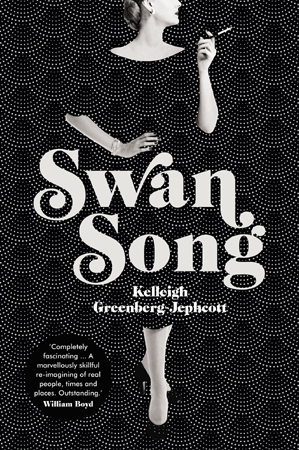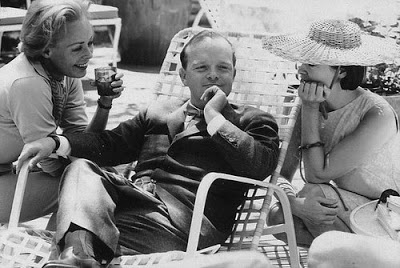It’s been a fantastic reading year as I discovered some excellent new debut authors, new books from great authors I’ve read before and several classic novels which I read for the first time. I’ve especially enjoyed following a number of book prizes this year including The Women’s Prize, The Dylan Thomas Prize, The Windham-Campbell Prize, The Booker Prize, The Books Are My Bag Awards and The Young Writer of the Year Award. Of course, what I enjoy most is all the debate and discussion these prizes encourage.
Reading isn’t a race and numbers aren’t important, but in total I read 96 books this year. I enjoyed the experience of reading so many of these but here are ten of my favourites. Click on the book titles to see my full reviews of each book.
Women Talking by Miriam Toews
This novel based on real life recent events presents a dialogue between women who’ve been egregiously abused and raped by men within their own isolated religious community for years. But without the knowledge or even a common language to connect with the larger world they face the terrifying question: what should they do next? It’s an arresting conversation.
Swan Song by Kelleigh Greenberg-Jephcott
Truman Capote sought to immortalize his high society female friends in a great work of literature. But, having divulged their most closely-guarded secrets in public, he made himself into a social pariah. This novel imaginatively relates the perspectives of these betrayed women on one of the 20th century’s most infamous writers and how these ladies contributed to shaping the culture of their time. It’s a richly layered delicious feast.
Washington Black by Esi Edugyan
Most individuals born into slavery never have the opportunity to realize their intellectual abilities and artistic talents. But Edugyan’s fantastical adventure novel imagines a rare space where a boy with a passion for science and skills at drawing can travel the world experimenting with different ways of being. This is a compulsively readable wondrous novel.
Fire Sermon by Jamie Quatro
One of the most difficult challenges of adulthood is navigating our desires as we change and grow as individuals. Quatro takes a very common story about an individual who enters into an affair and draws out of it a discussion so intimate and transformative it gave me a whole new perspective on my relationships to those closest to me and how I inhabit my own mind, body and soul.
Problems by Jade Sharma
The wilful, outrageously outspoken and deeply troubled young woman at the centre of this novel should have everything going for her, but finds she can’t get herself together. This story is a frank and darkly hilarious account of her arduous struggle with addiction and deeply-felt struggle to find the will to carry on.
Memento Mori by Muriel Spark
This year included the centenary of Muriel Spark’s birth and the 40th anniversary of Virago, a publisher renowned for honouring and republishing great female authors. This beautiful new edition of Memento Mori is a synthesis of these celebrations and I loved discovering this outrageous and witty black comedy first published in 1959. It includes relentlessly entertaining characters while also conveying a profound meditation on life and death.
Circe by Madeline Miller
What would motivate an outcast nymph who resides on a remote island to turn sailors into pigs? Miller brilliantly answers this question while relating the life story of this spurned enchantress from Greek mythology. It’s a surprisingly emotional journey as Circe learns how to best harness her considerable powers and find contentment amidst immortality. This novel is so imaginative and gripping.
Hazards of Time Travel by Joyce Carol Oates
This new novel from America’s greatest writer is wonderfully surprising in how it presents a haunting dystopian tale while simultaneously relating a very autobiographical tale. It dynamically considers difficult questions about personal responsibility while living under questionable government and addresses some of the most pressing issues we face today. It’s a mesmerising story.
Sight by Jessie Greengrass
Greengrass’ first novel might not have won the Booker Prize this year, but it demonstrated the considerable talent of this young writer for creating a story which is deeply thoughtful, emotionally gripping and beautifully told. It inventively reaches into the past for answers to questions we hardly dare to speak aloud and reflects on potential ways of seeing.
Ghost Wall by Sarah Moss
I’m amazed how a book so compact can contain such a moving and haunting tale. This novel about a unique archaeological weekend follows the journey of a young woman trapped under the influence of her wilful reactionary father. They embark on a dangerous experiment which raises pressing questions about what being English means. It’s an incredibly timely and original tale.
What have been some of your favourite books this year? Let me know your top picks or your thoughts about any of the above books in the comments below.











